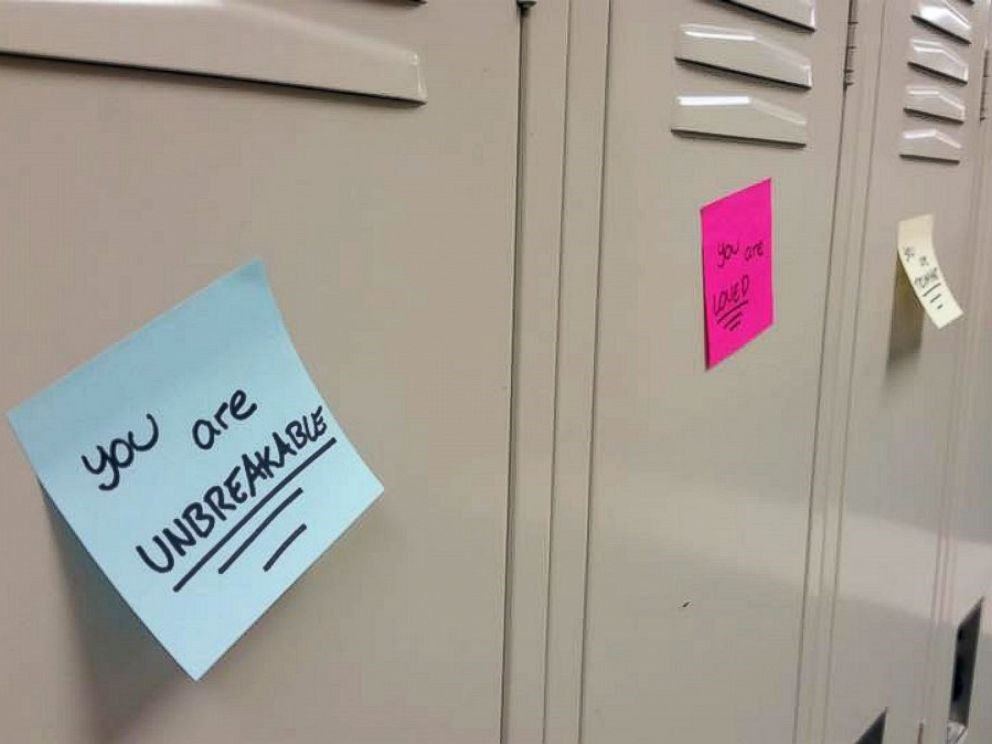
Bullying in Today’s World
By Bella Ibrahim (News Editor)
Bullying has been a problem across the United States for a long time. While rates of physical bullying have gone down across the past seventy years, verbal rates have stayed around the same, and new technology causes a new problem: cyberbullying (ecommons.luc.edu). Sixteen percent of high school students have experienced cyberbullying in just the past year (americanspcc.org), and this problem is not going away — it is only getting worse.
Fifty-two percent of all LGBT students have been cyberbullied before graduating high school. The state of Florida has strict laws against bullying and harassment at school or on school property, including the bus, but there are no state-wide remote bullying laws. In St. Johns County, bullying is considered a level 3 infraction of the student code of conduct, which includes cyberbullying and cyberstalking. Of course, this policy cannot help students that refuse to talk about being bullied or harassed, so the best thing to do is to report anything that happens to you or anyone else.
Cyberbullying is not the only type of bullying that students endure despite the school systems’ effort — bullying occurs right under their noses. Emily Kochanowski speaks up by saying, “I have never been bullied, but I witness different forms of bullying in my classes. It simply isn’t right to bully others — especially if they did nothing to hurt you and you just think it’s funny. There is nothing funny about making people feel badly.” It can be hard to believe that people would throw people down just to make themselves feel better or to make themselves laugh, but it does happen. Another student at Nease, Ally Lachina, says, “Bullying is unacceptable under any circumstances.” While most seem to be very against the idea of bullying, thirty percent still admit to bullying others in their lifetime.

One student that wishes not to be named is tired of all the hypocrites: “I was bullied as an elementary and middle school student. I was really chubby and awkward as a child and they [the bullies] fed off of that. They would pretend they were my friend only to normalize the belittling and teasing. Then as I got older I matured into someone that I suppose the previous bullies would be alright associating themselves with, but I didn’t want to be with someone that made others feel the way I felt when I was young. They made me so miserable that I didn’t want to come to school at all. I once convinced my mom that I had the flu for a week just to escape them temporarily, but when I came back things started up again. It took me a while to figure out that I wasn’t bullied because there was something wrong with me; I was bullied because there was something wrong with them.” This student understands that it isn’t the person being bullied’s fault for what’s happening to them, helping them not to become one of the two-thirds of people bullied that bully other people. Every single school day across the United States 160,000 students stay home for fear of being bullied.
While physical bullying is less of a problem then it has been historically, it still is a problem. There have been a few fights at Nease and of course other high schools across the state and the country this year. Sometimes small fights between friends escalate into something that isn’t easily controlled and both of them get in trouble.
There are ways to prevent harassment and bullying; In schools with an anti-bullying program there are fifty percent less bullying incidents reported. A way for other students to help prevent this is to notice the indications in someone if they refuse to tell anyone. Indicators that someone you care about could be being bullied include: A sudden change in their school attendance, having an apparent difficulty to concentrate on anything, having a low self-esteem, being passive, withdrawn, or overly sensitive, displaying signs of anxiety and/or depression, feeling they do not seem to fit in, and talking about running away or committing suicide (standforthesilent.org).
All of these are signs that they may be being bullied and one way to help them is to try to talk things out with this person and make sure they feel comfortable with telling you if something is happening. If you are being bullied, some tips for coping are to: Try to understand the bully, confront the bully (if you feel safe enough), never suffer through it in silence, know that it is a criminal offense, do not see yourself as the problem, deal with the stress in a healthy way like exercising, do not isolate yourself as hard as it may seem, look after your health mentally and physically, seek role models, and always, always, always tell someone that can put it to an end.

One thing someone can do if they are experiencing bullying is to tell a teacher, administrator, or guidance counselor you are comfortable with what is happening and take their advice as to what to do next.
